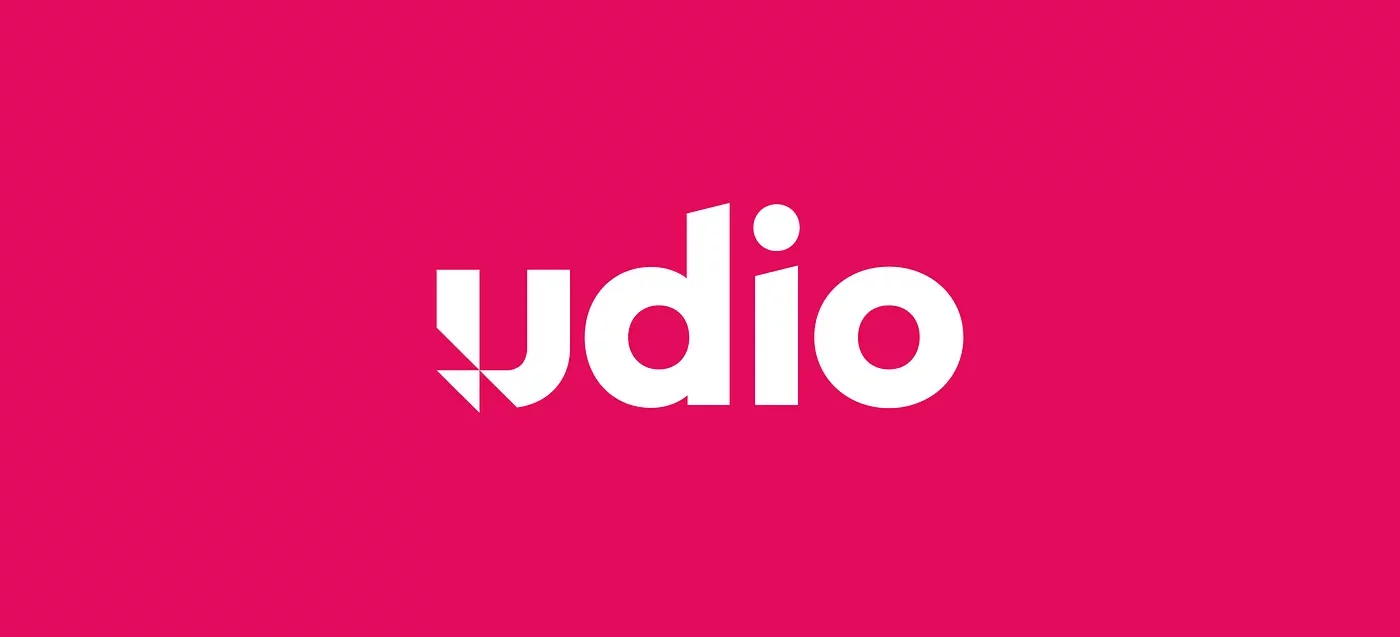
The future of music creation just took a decisive turn. Warner Music Group (WMG) and the AI music platform Udio have announced what they are calling a “landmark agreement” that not only resolves their copyright infringement litigation but also establishes a significant licensing deal. This move signals a major shift in how the music industry plans to navigate the generative AI revolution—moving from legal battles to authorized partnerships.
A New Chapter for Music and AI
Just over a year ago, the Recording Industry Association of America (RIAA), representing all major labels, filed lawsuits against Udio and its rival Suno for alleged “mass infringement” of copyrighted material. Now, WMG is forging a new path. The deal with Udio, which spans WMG’s recorded music and music publishing businesses, is designed to be mutually beneficial, as WMG stated it “creates new revenue streams for artists and songwriters, while ensuring their work remains protected.”
This is part of a growing trend. Universal Music Group (UMG) also settled with Udio last month and signed a similar licensing agreement. WMG CEO Robert Kyncl underscored the commitment to authorized content, stating, “We’re unwaveringly committed to the protection of the rights of our artists and songwriters, and Udio has taken meaningful steps to ensure that the music on its service will be authorized and licensed.” His sentiment reflects the industry’s realization that collaboration is key to “responsibly unlock AI’s potential.”
Collaboration Over Conflict
The heart of the new agreement is a licensing deal for Udio’s “next-generation” AI platform, which is set to launch next year, with fully-licensed applications expected by 2026. Udio is shifting its focus to a model “built in collaboration with artists and songwriters.” The reimagined subscription service will introduce creative experiences that allow users to make remixes, covers, and new songs using the voices and compositions of participating artists.
Andrew Sanchez, Co-Founder and CEO of Udio, highlighted the importance of this shift, noting, “This partnership is a crucial step towards realizing a future in which technology amplifies creativity and unlocks new opportunities for artists and songwriters.” The new platform aims to be an environment that offers creators control and connection with their fans. This development, along with WMG’s separate partnership announced Wednesday (November 19) with Stability AI, clearly demonstrates that the majors are committed to shaping, rather than just fighting, the future of AI music creation.
The music industry is defining the terms of engagement. While WMG and UMG have found a way forward with Udio, they, along with entities like Denmark’s Koda and Germany’s GEMA, continue to pursue copyright claims against rival Suno, which recently announced a substantial $250 million funding round. Ultimately, the WMG-Udio agreement establishes a critical precedent: for AI music creation to thrive legally and commercially, it must be founded on authorized content and proper compensation for the creators.








